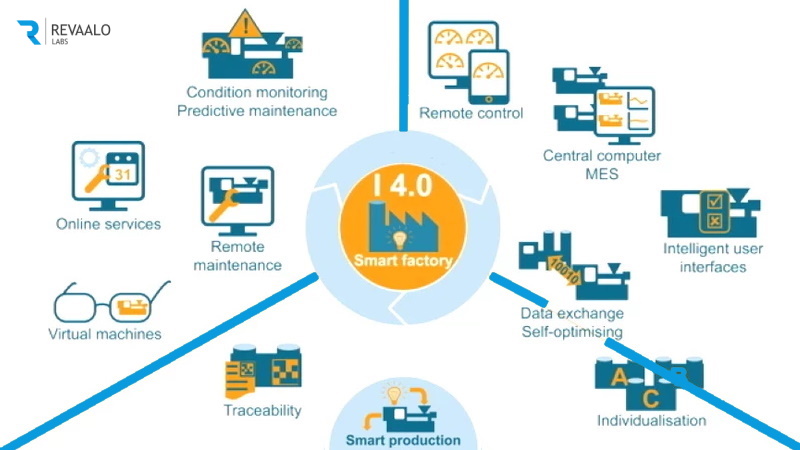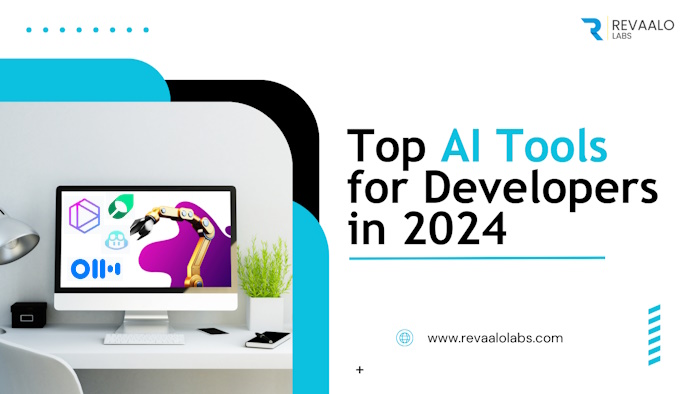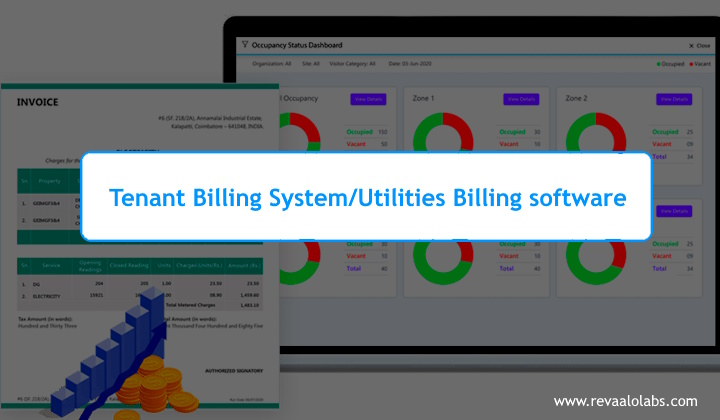#SmartFactory #Industry4.0 #Manufacturing

What is Smart Factory?
Smart Factory is the vision of a production environment in which production facilities and logistics systems are organised without human intervention. Read on now and find out more about the structure of the intelligent factory through application examples from the automotive industry! The terms “Smart Factory,” “Smart Manufacturing,” “Intelligent Factory” and “Factory of the Future” all describe a vision of what industrial production will look like in the future.
In this vision, the Smart Factory will be much more intelligent, flexible and dynamic.
Manufacturing processes will be organised differently, with entire production chains – from suppliers to logistics to the life cycle management of a product – closely connected across corporate boundaries.
Smart Factory - Optimised part transport in servo press lines thanks to networking
The Smart Factory is the core element of Industry 4.0. The decisive factor in designing a Smart Factory in practice is that all elements of the factory - tools, products and plant technology - are equipped with integrated computing power. In this way, the data can be captured, processed and forwarded. The data acquisition and control of the production takes place in real time. Accordingly, a sheet metal part of the press line, for example, can indicate which production step must be carried out.
The processes(Smart Factory) impacted will include:
- Factory and production planning.
- Individual sensors and actuators in the field.
- Product development.
- Manufacturing execution systems (MES).
- Enterprise resource planning (ERP).
- Control technologies.
- Logistics.
The smart factory: Why now?
While automation and controls have existed for decades, the fully smart factory has only recently gained traction as a viable pursuit for manufacturers. Four overarching trends seem to be accelerating the drive toward smart factories:
1. Rapidly evolving technological capabilities
2. Organizational realignments resulting from the marriage of IT and OT
3. Growing competitive pressures from unexpected sources
4. Increased supply chain complexity and global fragmentation of production and demand
Benefits of the smart factory
Given that one of the most fundamental characteristics of a smart factory is its connectedness, sensors are critical to linking devices, machines and systems to provide data needed to make real-time decisions. However, undertaking a smart factory journey generally addresses such broad categories as asset efficiency, quality, costs, safety, and sustainability. These categories, among others, may yield benefits that ultimately result in increased speed to market; improved ability to capture market share; and better profitability, product quality, and labor force stability.
Technology
For a smart factory to function, assets—defined as plant equipment such as material handling systems, tooling, pumps, and valves—should be able to communicate with each other and with a central control system. These types of control systems can take the form of a manufacturing execution system or a digital supply network stack.IoT and analytics platforms, and requirements for edge processing and cloud storage, among others. This could require implementing the various digital and physical technologies inherent in Industry 4.0—including analytics, additive manufacturing, robotics, high-performance computing, AI and cognitive technologies, advanced materials, and augmented reality—to connect assets and facilities, make sense of data, and digitize business operations.
Connect with Revaalo labs your one stop solution for Digital Transformation needs.

One of the most critical decisions website developers must make is deciding what unit of measurement to use when sizing elements, fonts, and other design properties.
Read more
It`s an amazing technology-one that will help us solve society`s toughest problems and reshape the world.
Read more13
December

Today, web browsers play a significant role in our lives, providing us with access to a world of information and possibilities.
Read more
Power BI is a popular business intelligence tool developed by Microsoft for data visualization and analysis. While Power BI is a robust solution, there are several alternatives available that cater to different needs and preferences.
Read more09
October

Tenant billing systems are software solutions used by property owners, managers, and landlords to accurately bill tenants for their usage of utilities and services.
Read more